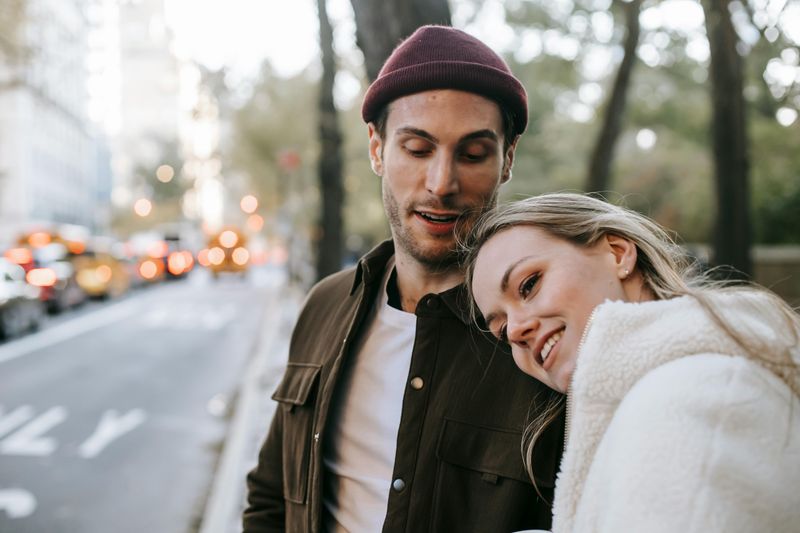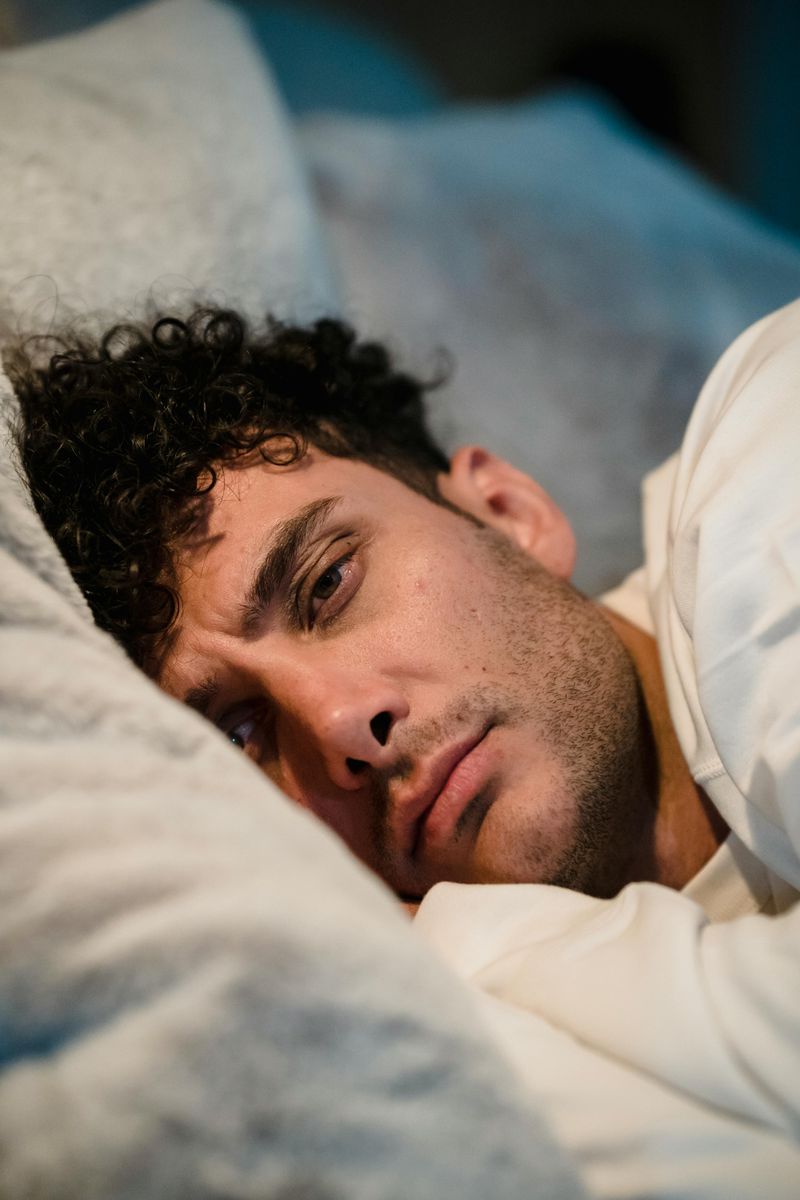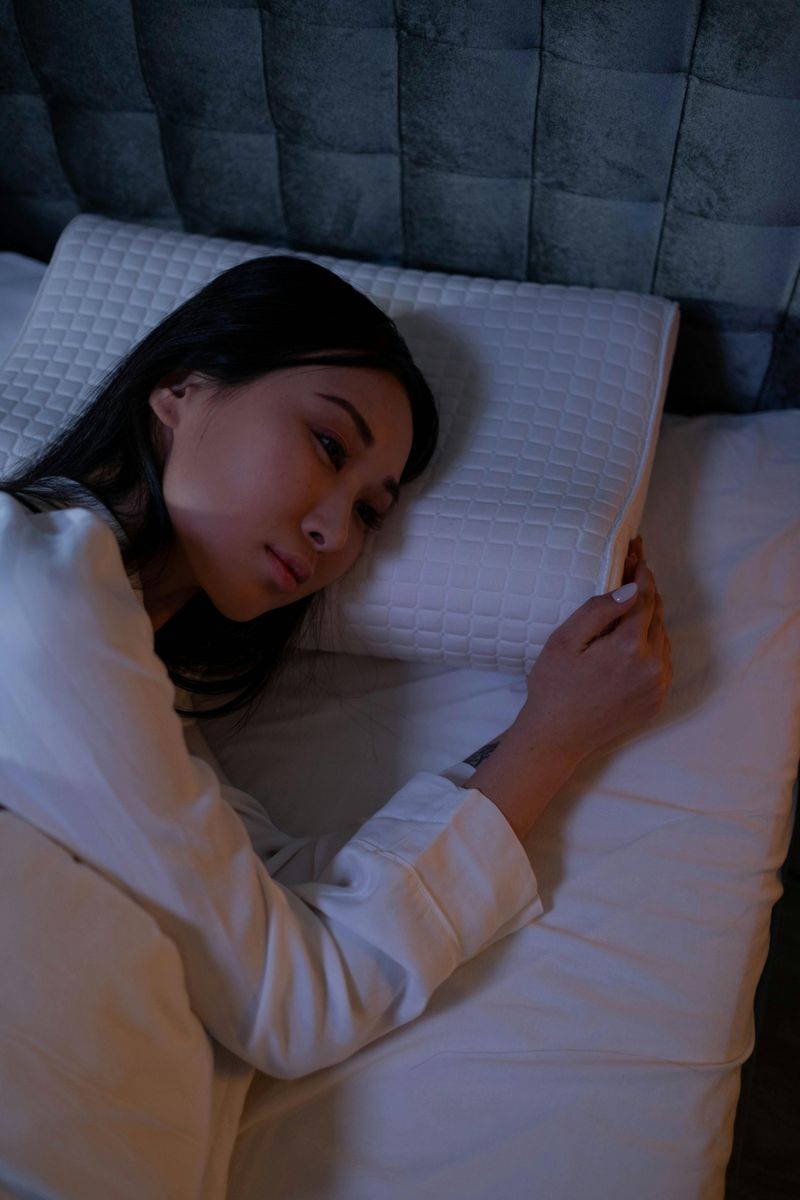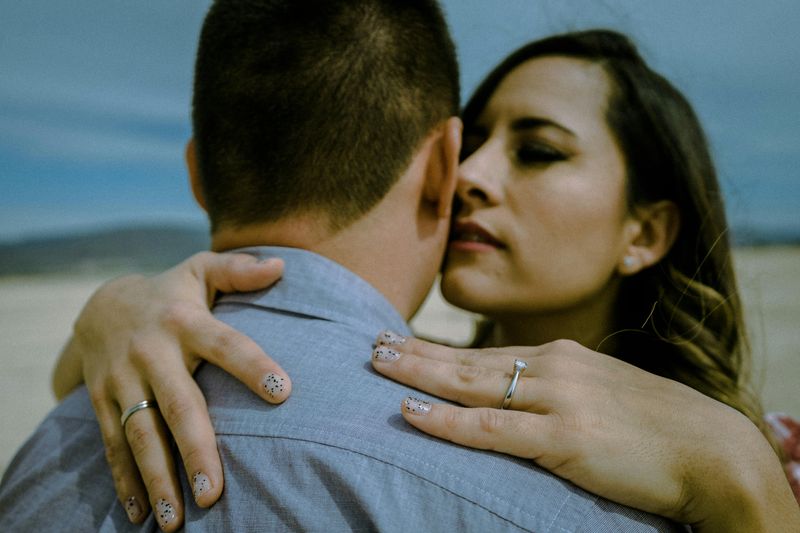11 Ways Your Brain Mistakes Anxiety for Attraction

Your heart races, your palms sweat, and butterflies flutter in your stomach. But are you really falling for someone, or is your brain playing tricks on you?
Sometimes what feels like romantic attraction is actually anxiety wearing a clever disguise. Understanding the difference between these two feelings can help you make better decisions about your relationships and emotional health.
1. Racing Heart Confusion

Your heartbeat speeds up when you see someone, and you immediately think it must be love. But here’s the thing: your brain can’t always tell the difference between excitement and fear. Both emotions trigger the same physical response in your body.
When you’re nervous about being judged or rejected, your heart pounds just like it would if you were genuinely attracted to someone. The same stress hormones flood your system in both situations. Your body reacts identically whether you’re thrilled or terrified.
Pay attention to what happens after your heart rate increases. True attraction usually comes with positive thoughts and happiness, while anxiety brings worry and self-doubt along for the ride.
2. Obsessive Thinking Patterns

Constantly thinking about someone seems romantic, but it might actually be your anxiety talking. When your brain gets stuck in worry mode, it latches onto one person and won’t let go. This isn’t the same as healthy interest in a new relationship.
Anxious thoughts tend to be repetitive and exhausting. You replay conversations over and over, analyzing every word they said. You check your phone constantly, waiting for messages that might never come.
Real attraction involves happy daydreaming and excitement about future possibilities. Anxiety-driven obsession feels more like a mental trap you can’t escape. Notice whether your thoughts make you smile or make you stressed.
3. Stomach Butterflies Misinterpretation

Everyone talks about butterflies in your stomach as a sign of romance. However, that fluttery feeling is just your digestive system responding to stress hormones. Nausea and stomach discomfort happen when you’re anxious, not necessarily when you’re attracted to someone.
Your gut is incredibly sensitive to emotional states. Nervousness before a test creates the same sensation as seeing your crush walk by. The physical feeling is identical, but the cause is completely different.
Healthy attraction might include some nervous energy, but it shouldn’t make you feel sick. If being around someone consistently makes your stomach hurt, that’s probably anxiety warning you about something, not romance drawing you closer.
4. Sleep Disruption Signals

Losing sleep over someone feels like a classic love story symptom. But chronic sleep problems are actually a major red flag for anxiety disorders. When worry keeps you awake, your tired brain might mistake that emotional intensity for deep feelings.
Anxiety prevents restful sleep by keeping your mind racing through worst-case scenarios. You toss and turn, thinking about what could go wrong or what you should have said differently. This exhaustion then makes your emotions even more confusing.
Genuine romantic interest might keep you up occasionally, but you’ll feel energized rather than drained. Anxiety-related sleeplessness leaves you exhausted, irritable, and unable to think clearly about your actual feelings toward the person.
5. Fear Response Activation

It doesn’t really make sense to feel scared around someone you like, does it? Yet a lot of people do—and they mistake that fear for attraction. Your brain is actually sounding an alarm, but you interpret it as butterflies instead.
This confusion happens because both fear and attraction involve heightened awareness of another person. You become hyper-focused on their actions, words, and opinions. The difference is that fear makes you want to protect yourself, while attraction makes you want to get closer.
Check whether you feel safe and comfortable around this person. Real attraction builds trust over time, while anxiety-based connections keep you on edge, always worried about saying or doing the wrong thing.
6. Adrenaline Rush Addiction

Some relationships feel like emotional roller coasters, and your brain can become addicted to that wild ride. The constant ups and downs trigger adrenaline releases that feel exciting but are actually signs of instability and anxiety.
When someone treats you unpredictably, your body stays in high-alert mode. You never know what to expect next, so you’re always on edge. This creates an adrenaline pattern that your brain starts craving, even though it’s unhealthy.
Drama-filled connections activate your stress response repeatedly, which your mind might confuse with passion. Stable, healthy relationships feel calmer because they don’t constantly trigger your fight-or-flight system. Peace shouldn’t feel boring compared to chaos.
7. Social Anxiety Projection

Sometimes you fixate on one person because they represent your social fears rather than genuine romantic interest. If someone seems confident or popular, your anxiety might create an intense focus on them that feels like attraction.
This happens when you project your insecurities onto another person. You think about them constantly, not because you truly like them, but because they represent something you wish you had. Your brain mistakes this preoccupation for romantic feelings.
Ask yourself what you actually know about this person beyond surface-level observations. Anxiety-driven interest usually involves more fantasy than reality. You’re attracted to an idea or image rather than the actual human being with flaws and complexities.
8. Attachment Style Confusion

The way you bonded with your caregivers early on affects how you connect with people now. If you have an anxious attachment style, those intense, clingy feelings might feel like love—but really, they’re just anxiety about being left behind.
People with anxious attachment often confuse their need for reassurance with romantic passion. The panic you feel when someone doesn’t text back immediately isn’t attraction intensifying—it’s your attachment system going into crisis mode.
Secure attachment feels steady and trusting, while anxious attachment feels desperate and consuming. Learning your attachment style helps you recognize when anxiety is driving your feelings rather than genuine compatibility and connection with another person.
9. Validation Seeking Behavior

Craving someone’s approval can feel exactly like romantic attraction. When your self-esteem depends on another person’s opinion, your brain creates an intense emotional connection. But you’re not actually attracted to them—you’re addicted to the validation they might provide.
Anxiety about your own worth makes you hyper-focused on people who give you attention or compliments. Each positive interaction feels like a drug, temporarily soothing your insecurities. You mistake this relief for love or attraction.
Healthy relationships involve mutual appreciation, not one person desperately seeking approval from the other. If you only feel good about yourself when someone else validates you, that’s anxiety creating false attraction. True connection happens between two people who already feel secure in themselves.
10. Avoidance Attraction Paradox

Strangely enough, anxiety can make you intensely focused on people you actually want to avoid. Your brain keeps bringing them up, not because you’re attracted, but because you’re worried about potential interactions. This creates a confusing mix of interest and dread.
When someone makes you nervous, you think about them constantly to prepare for encounters. You rehearse conversations and plan escape routes. Your mind interprets this constant attention as attraction, but it’s actually your anxiety trying to protect you.
Real attraction draws you toward someone, making you want to spend time together. Anxiety-based focus makes you hyperaware of someone while simultaneously wanting to run away. Notice whether thoughts of this person make you want to get closer or hide.
11. Emotional Intensity Misreading

Strong emotions of any kind can trick your brain into thinking you’re experiencing attraction. When feelings are intense, your mind searches for explanations. If someone is nearby when you’re feeling anxious or stressed, you might incorrectly blame them for causing those emotions through attraction.
This misattribution happens because your brain likes simple stories. Instead of recognizing complex anxiety, it decides you must have feelings for whoever is present. The intensity of anxiety mirrors the intensity of falling in love, making them easy to confuse.
Take time to identify what you’re actually feeling before labeling it as attraction. Are you energized and happy, or drained and worried? Anxiety creates emotional exhaustion, while genuine attraction typically brings energy and joy into your life.

Comments
Loading…